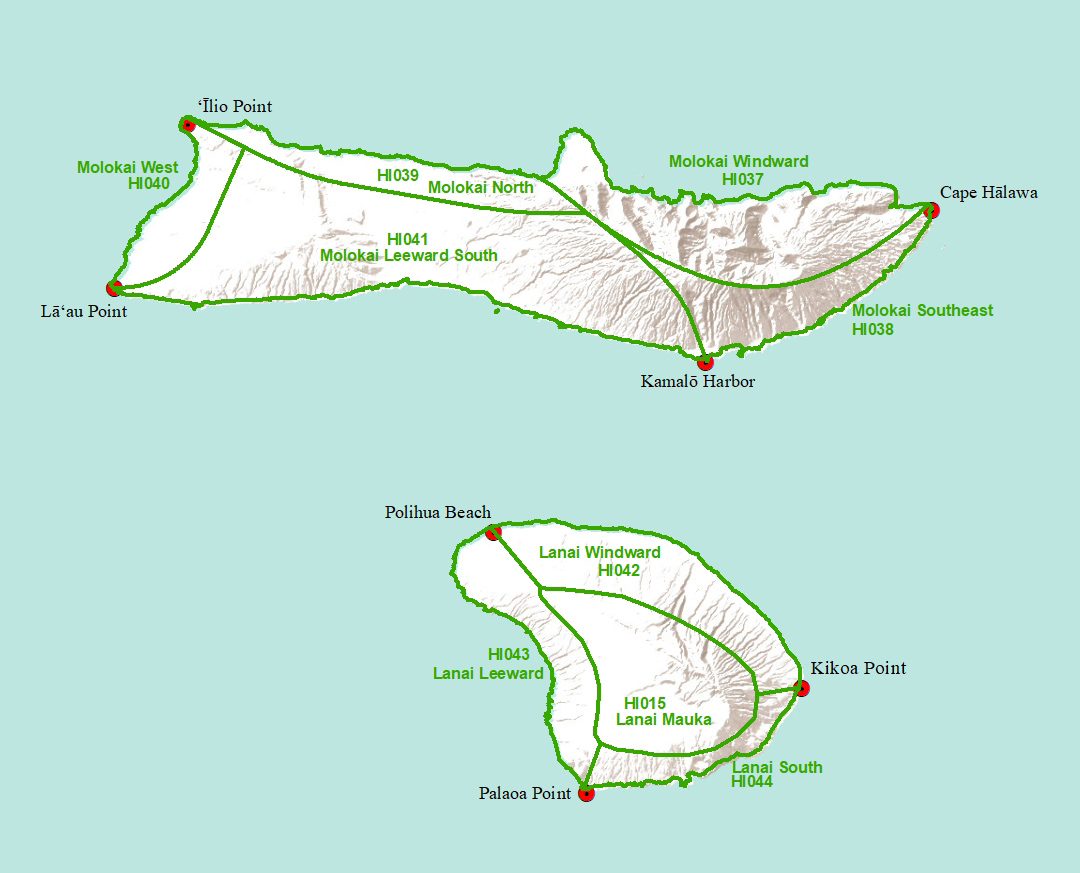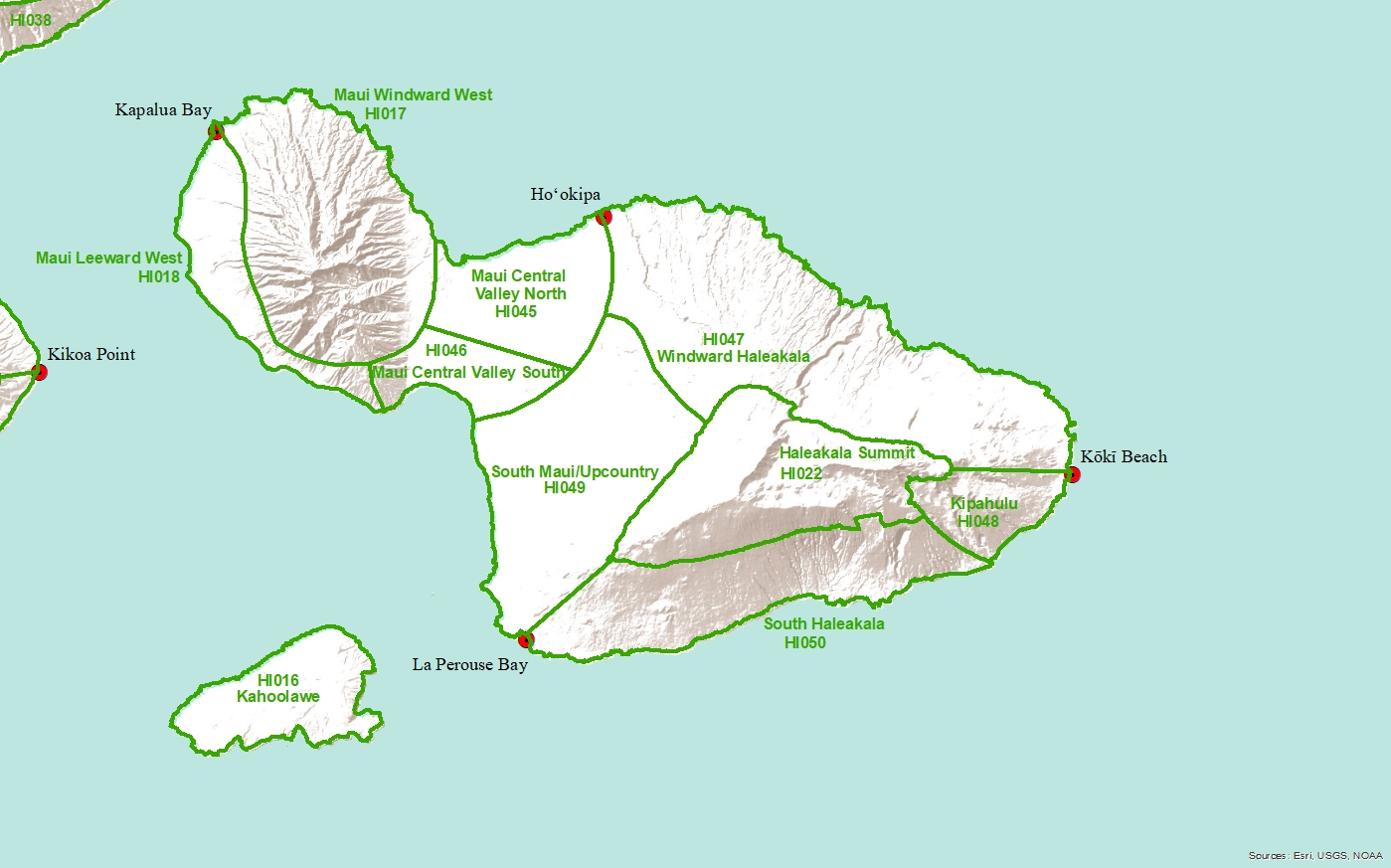When planning a trip to the stunning island of Maui, understanding Maui weather is essential to ensure you make the most of your visit. Whether you're dreaming of sunny beaches, lush rainforests, or dramatic volcanic landscapes, the climate on Maui plays a significant role in shaping your experience. This guide dives deep into everything you need to know about Maui's weather patterns, helping you plan a memorable and enjoyable vacation.
Maui, often referred to as the "Valley Isle," is renowned for its diverse landscapes, ranging from tropical beaches to towering mountains. This diversity means that the weather on the island can vary significantly depending on location and season. Whether you're planning to surf, hike, or relax by the ocean, understanding the weather patterns will help you prepare accordingly.
With this comprehensive guide, we'll explore the best times to visit, seasonal variations, and tips for enjoying Maui's unique climate. Let's dive in and uncover the secrets of Maui weather!
Read also:Malachi Ross The Rising Star In Entertainment
Table of Contents
- Maui Weather Overview
- Seasonal Variation in Maui Weather
- Best Time to Visit Maui
- Maui Weather by Region
- Rainfall Patterns on Maui
- Temperature Fluctuations
- Hurricane Season in Maui
- Tips for Dealing with Maui Weather
- Weather and Activities on Maui
- FAQs About Maui Weather
Maui Weather Overview
Maui weather is characterized by its tropical marine climate, which offers warm temperatures year-round. The island experiences two distinct seasons: the dry season from May to October and the wet season from November to April. These seasons influence activities and tourism patterns, making it crucial to plan your visit accordingly.
Key Features of Maui Weather
Here are some of the key features of Maui's climate:
- Consistent warmth throughout the year
- Varied microclimates across different regions
- Seasonal rainfall patterns that affect outdoor activities
Understanding these features will help you prepare for your trip and enjoy all that Maui has to offer.
Seasonal Variation in Maui Weather
The seasonal variation in Maui weather is subtle yet significant. The dry season, often referred to as summer, brings sunny skies and lower humidity, making it ideal for beach activities. Conversely, the wet season, or winter, sees more rainfall and slightly cooler temperatures, perfect for exploring the island's lush interior.
Summer Season (May to October)
During the summer months, Maui weather is at its warmest, with average high temperatures ranging from 80°F to 85°F (27°C to 29°C). The humidity is moderate, and the ocean temperatures are perfect for swimming and snorkeling.
Best Time to Visit Maui
The best time to visit Maui depends on your preferences. For those seeking sun-soaked beaches and warm weather, the dry season from May to October is ideal. However, if you're looking to avoid crowds and enjoy the island's lush landscapes, the wet season offers its own charm.
Read also:Chance Combs A Rising Star In The Entertainment Industry
Consider the following factors when choosing your travel dates:
- Peak tourist season: June to August
- Shoulder season: April to May and September to November
- Off-peak season: December to March
Maui Weather by Region
Maui's diverse geography means that weather conditions can vary significantly across different regions. Here's a breakdown of what to expect in each area:
South Maui
South Maui is known for its sunny beaches and reliable weather. With an average of 300 days of sunshine per year, this region is perfect for beachgoers.
North Shore
The North Shore of Maui experiences more rainfall, especially during the winter months. This creates lush, green landscapes and stunning waterfalls.
Upcountry
Upcountry Maui, with its higher elevation, offers cooler temperatures and a refreshing climate. This area is ideal for hiking and exploring botanical gardens.
Rainfall Patterns on Maui
Rainfall on Maui follows a predictable pattern, with the wettest months occurring between November and March. The island's windward side, facing the northeast trade winds, receives the majority of the rainfall, while the leeward side remains drier.
Key rainfall statistics:
- Average annual rainfall: 30 inches
- Wettest month: December
- Driest month: June
Temperature Fluctuations
Maui's temperatures remain relatively stable throughout the year, with minor fluctuations between seasons. The island's location in the Pacific Ocean contributes to its consistent warmth.
Temperature Breakdown
Here's a breakdown of average temperatures in Maui:
- Winter highs: 78°F to 82°F (26°C to 28°C)
- Summer highs: 80°F to 85°F (27°C to 29°C)
- Nighttime lows: 65°F to 70°F (18°C to 21°C)
Hurricane Season in Maui
Hurricane season in Maui runs from June to November, with the peak occurring in late August and September. While direct hits are rare, the island can experience heavy rainfall and strong winds during this period.
For the latest updates on hurricane activity, check the National Hurricane Center's website: https://www.nhc.noaa.gov/.
Tips for Dealing with Maui Weather
Here are some practical tips to help you make the most of Maui's weather:
- Pack lightweight, breathable clothing for warm days
- Bring a light jacket or sweater for cooler evenings
- Carry sunscreen and a hat to protect against UV rays
- Stay hydrated, especially during outdoor activities
Weather and Activities on Maui
Maui's weather plays a crucial role in determining the best activities to enjoy during your visit. Whether you're into water sports, hiking, or cultural experiences, the island offers something for everyone.
Top Activities by Weather Condition
Here's a list of activities suited to different weather conditions:
- Sunny days: Beaches, snorkeling, and paddleboarding
- Partly cloudy: Hiking, golfing, and visiting botanical gardens
- Rainy days: Museums, luaus, and cultural tours
FAQs About Maui Weather
What is the warmest month in Maui?
The warmest month in Maui is typically August, with average high temperatures reaching 85°F (29°C).
Does Maui experience snow?
While snow is rare on Maui, it can occasionally fall on the summit of Haleakalā, the island's dormant volcano, during winter months.
How do trade winds affect Maui weather?
The northeast trade winds help regulate Maui's climate, bringing cool breezes and stabilizing temperatures across the island.
Conclusion
Maui weather is a defining feature of the island's charm and appeal. By understanding the seasonal variations, regional differences, and activity options, you can plan a trip that maximizes your enjoyment of this tropical paradise. Whether you're chasing sunny beaches or exploring lush rainforests, Maui has something to offer every traveler.
We invite you to share your thoughts and experiences in the comments below. For more insights into planning your Maui adventure, explore our other articles and resources. Happy travels!


